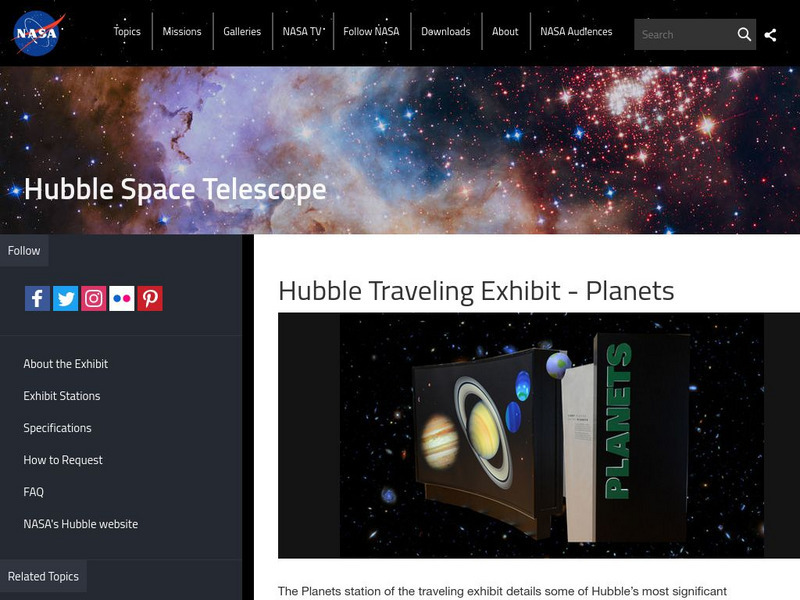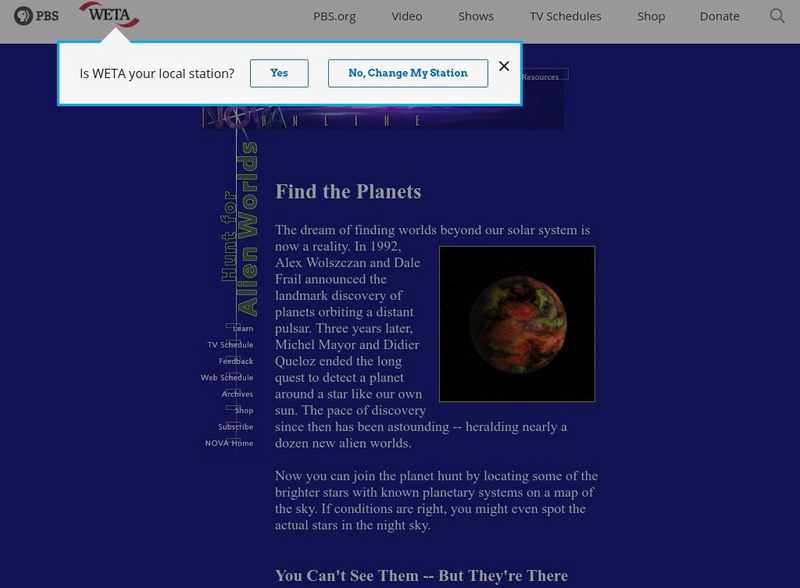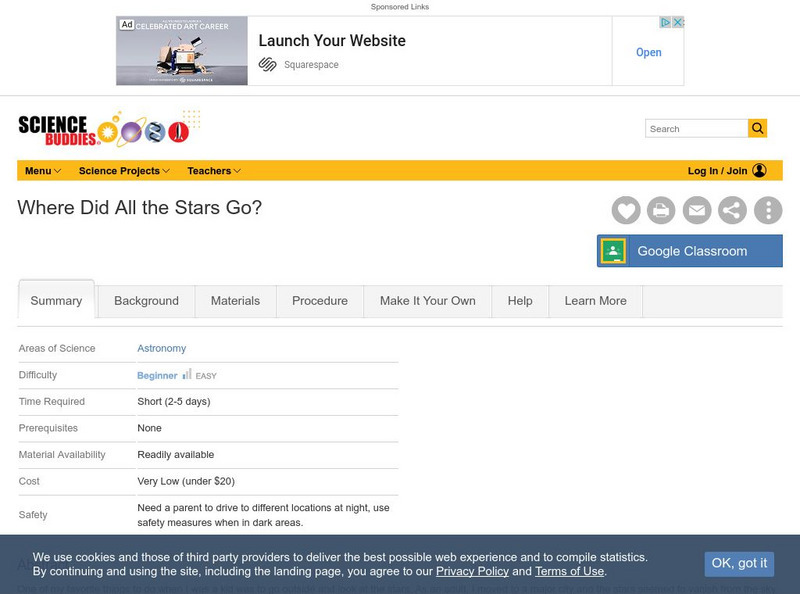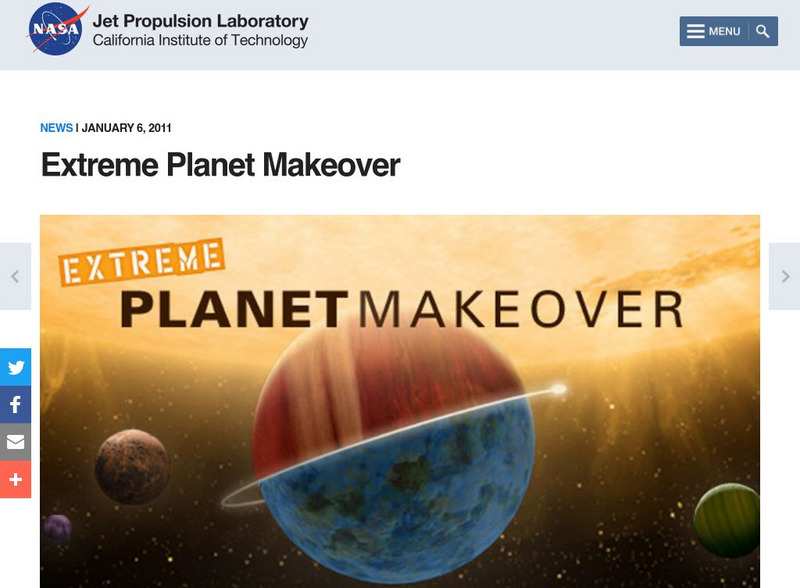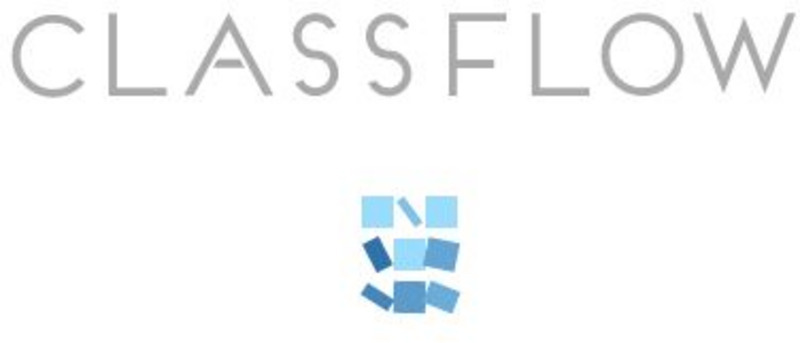Hi, what do you want to do?
Curated OER
Moon Watch
Third graders read books about the moon and discuss its perceived changes as it moves across the sky. They observe the moon over the course of a month and chart their observations. They discuss their observations and conduct further...
Curated OER
Perception And The Interpretation of Experiences
Students describe a problem and propose alternative strategies for the solution. They use a model or drawing to visualize the solution to a problem. Students identify alternative factors to be considered when examining possible...
Curated OER
Follow The Falling Meteorite
Middle schoolers investigate the supposed traveling path of a meteorite. They use sound in order to triangulate the path. The results of the experiment are written on a map to display the path of the meteorite. The culminating activity...
Curated OER
Tracking the Movement of Sunspots
Young scholars examine how the development of new technology has increased our knowledge of how the sun works. Students study sunspots through the use of solar imaging from satellite instruments.
Curated OER
Sunspots: Correlating Sunspots to Active Regions
Students investigate sunspots. They use solar imaging from satellite instruments which are currently circling the sun. Students compare images from the satellites and determine the existence of a correlation between the two types of...
Curated OER
Satellite Mobiles
Students discuss satellites and their functions. They design and construct their own satellite out of readily available materials. Students are taught the definition of a satellite. They discuss the two main purposes of satellites:...
Curated OER
Mystery World
For this personal decision making worksheet, students read 8 controversial statements. Students rate each according to how believable they think they are-- from 1 ("are you mad?!") to 5 ("of course it is possible"). Example: Some people...
Curated OER
Prepositions and Prepositional Phrases
In these prepositional phrases worksheets, students review the definitions and examples for prepositional phrases, prepositions, and object of prepositions. Students then complete three pages of activities for prepositions.
Curated OER
Energy Defined
Fourth graders complete activities to study the sources of energy and forms. For this energy lesson, 4th graders discuss the origin of energy and define it. Students participate in several experiments to further study energy including a...
Curated OER
The Vocabulary of Space
Students build their knowledge and understanding of vocabulary related to space. In this space instructional activity, students discuss four categories of words and phrases related to space.
Curated OER
Astronomical Scales
Young scholars describe the different units of measurement. In this space science lesson, students calculate astronomical distances using a scale. They explain the significance of using scientific notation in expressing very small...
Curated OER
The Cassini Robot
Young scholars compare the functions of a robot to that of the human body. In this technology instructional activity, students identify the important components of the Cassini robot that would enable it to carry out space missions. They...
Space Telescope Science Institute
Nasa: Hubble Traveling Exhibit: Planets
At this site from HubbleSite you can learn everything you wanted to know about planets like what is the weather on Mars, what is the black eye on Jupiter? Site also provides links to information on the telescope, the rest of the planets,...
Science Buddies
Science Buddies: The Moon and the Stars
When you are in the city, only a few of the brightest stars are visible. But when you are in the country, you can see many more stars than you can count. Sometimes you can even see the bright belt of our galaxy, the Milky Way. In this...
Other
Space Science Institute: Alien Earths: Star and Planet Formation
Learn about the lives of stars, and how stars and planets form. The Interactive activity, 'Planet Families' requires Adobe Flash and cannot be launched.
US Environmental Protection Agency
Epa: Planet Protectors Club for Kids
This site has activities, games and stories starring the Planet Protector's Club. Find out how kids can help our environment. (Several activities include a Spanish version.)
PBS
Pbs: Find the Planets
Find out how astronomers locate new planets by observing the traits of the stars they orbit. Get some tips at locating stars with the help of star maps.
Science Buddies
Science Buddies: How Big Are the Planets in Our Solar System?
This activity explores the relative size of the eight planets that circle around the Sun.
Smithsonian Institution
National Air and Space Museum: Exploring the Planets: Ancient Times & the Greeks
In ancient times only five planets were known: Mercury, Venus, Mars, Jupiter, and Saturn. Learn about Greek astronomer Ptolemy's theory for the solar system that was to survive for fourteen centuries.
Science Buddies
Science Buddies: Where Did All the Stars Go?
If you live in a big city or urban area it is hard to see many stars at night. In most urban areas only the most brilliant stars, planets and the moon can be seen. This is because of something called light pollution which is the...
NASA
Nasa: Planet Quest: Extreme Planet Makeover
Activity in which students create a planet based on distance from a star, age, size, and star type. The created planet is evaluated to determine if it can support life.
NASA
Nasa Star Child: Saturn, the Ringed Planet (Level 1)
A good simple introduction to planet Saturn for young students. Audio content available. Vocabulary words linked to glossary of terms. Printable version available.
Nine Planets
The Eight Planets: The Sun Solar Wind
This Eight Planets site briefly describes solar wind, a low density stream of charged particles emitted by the Sun. It also provides the basics on the sun's composition and additional sun links.
ClassFlow
Class Flow: Planets and Stars
[Free Registration/Login Required] In this flipchart students will learn about the planets and stars.
Other popular searches
- Stars and Planets
- Space, Stars and Planets
- The Stars and Planets
- Stars and Planets Worksheets
- Compare Stars and Planets
- Stars and Planets Puzzles
- Space Stars and Planets
- Space\, Stars and Planets
- Comparing Planets and Stars
- Stars Planets
- Space\\, Stars and Planets

















